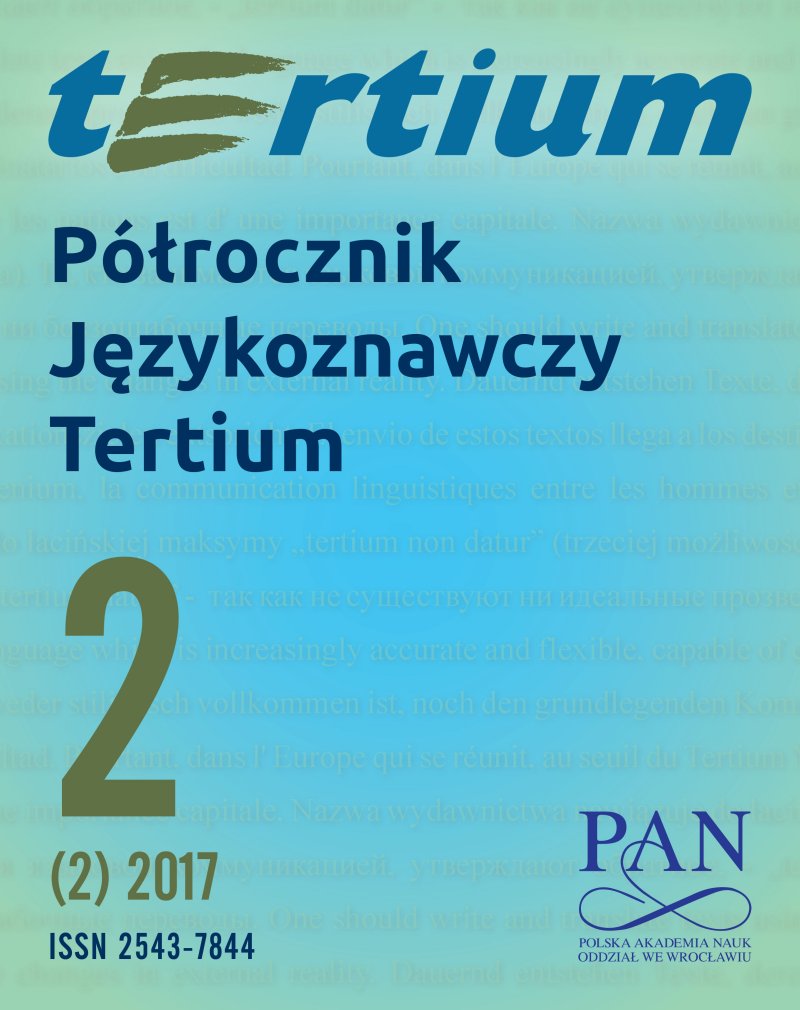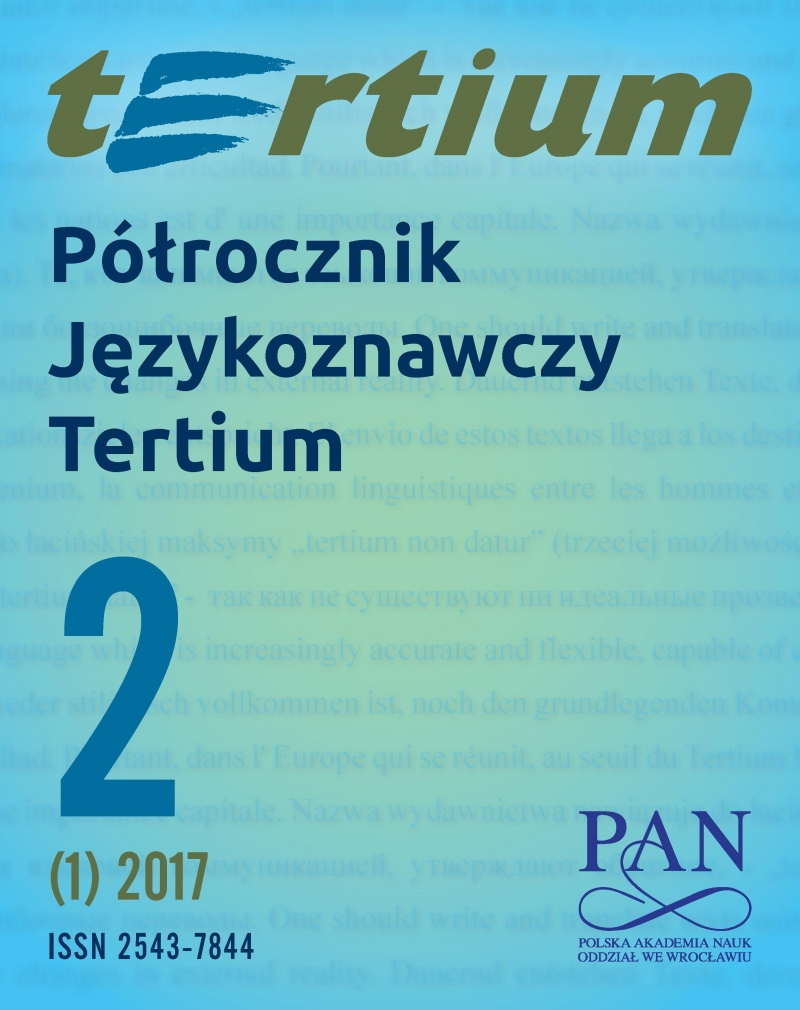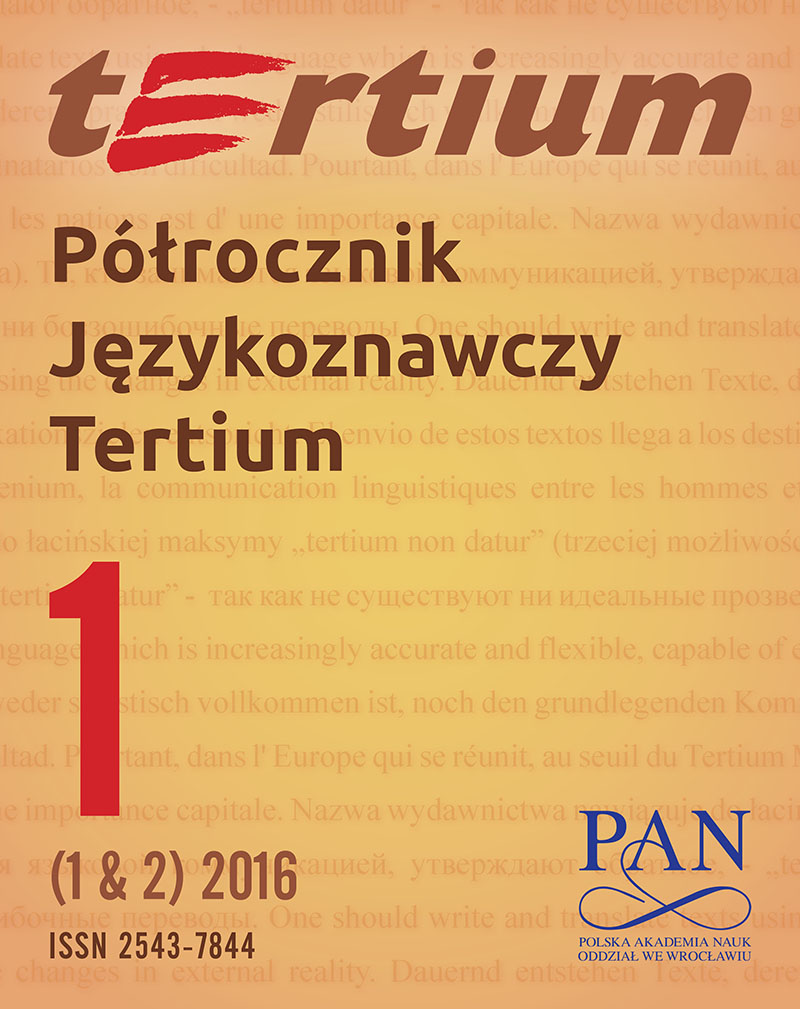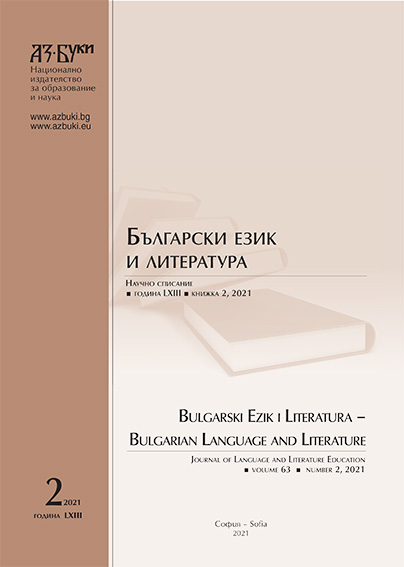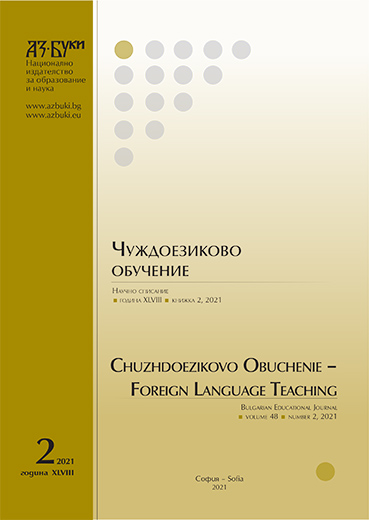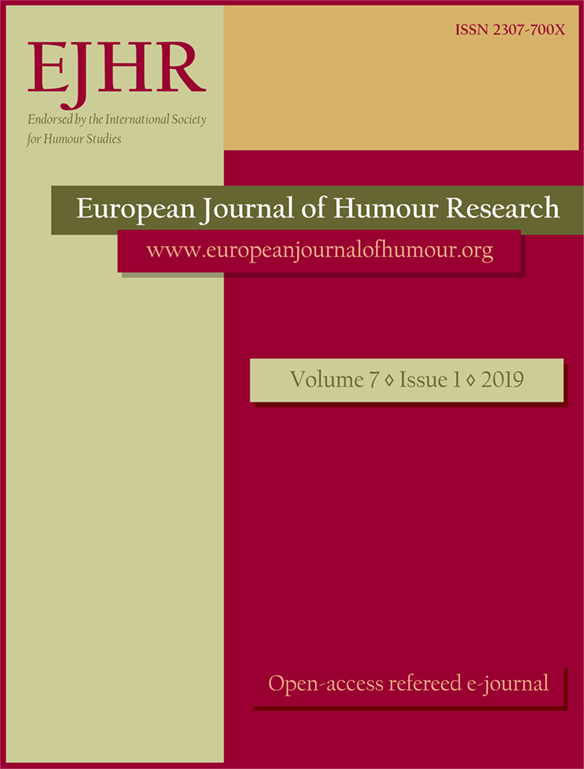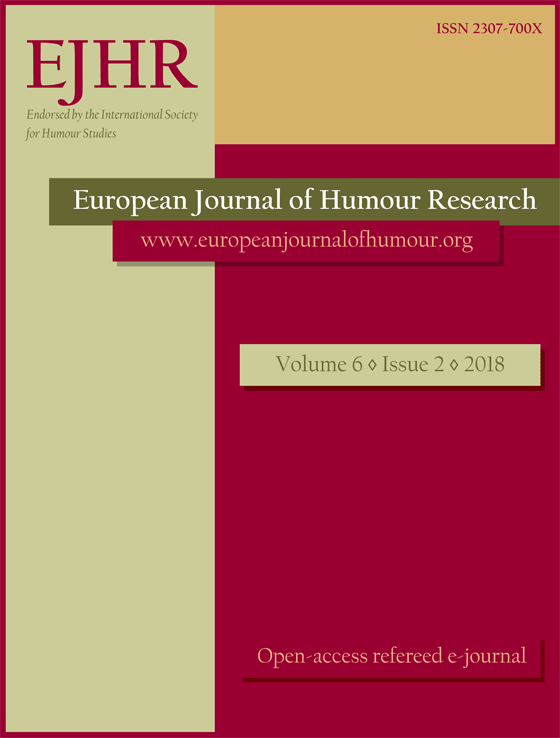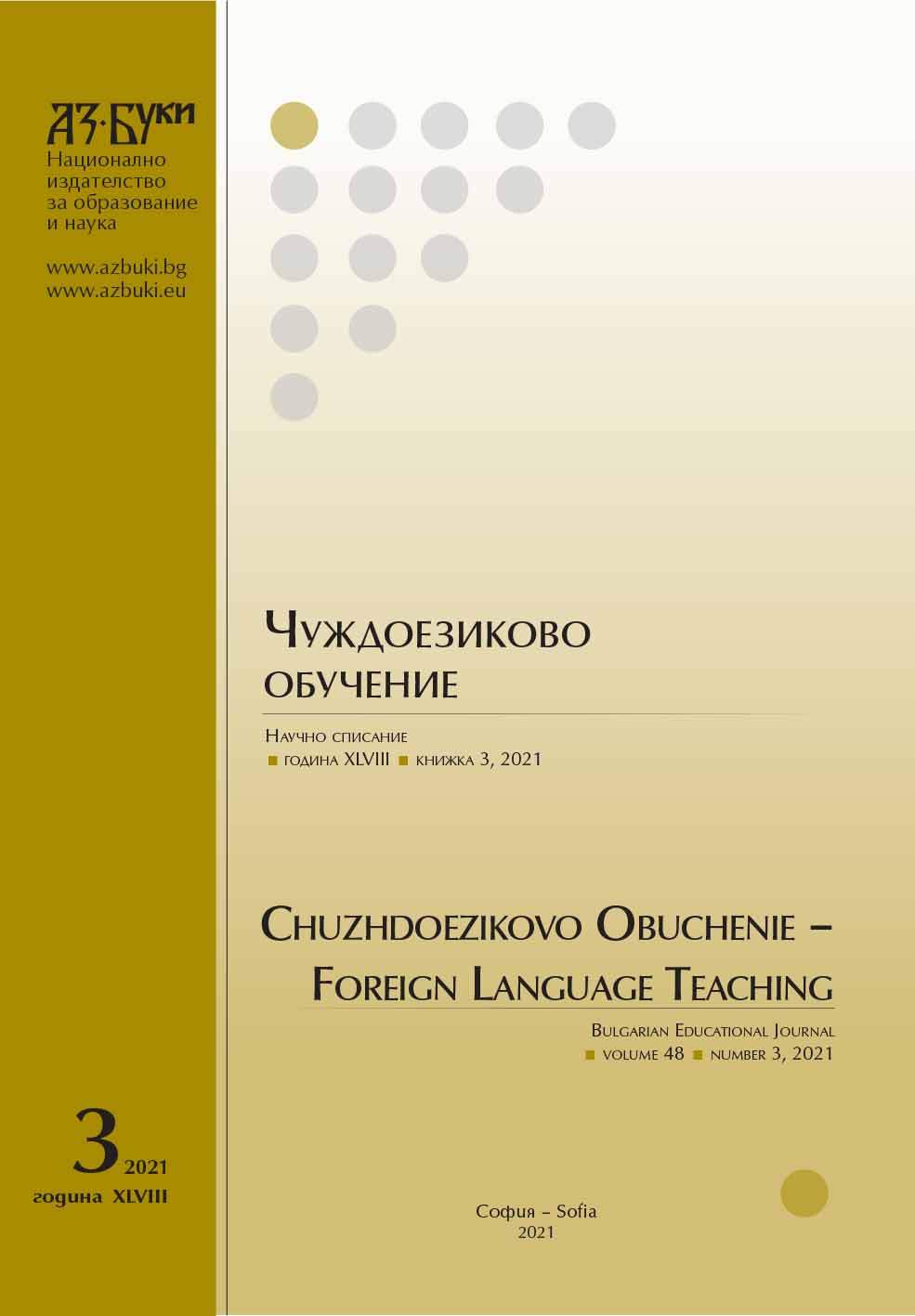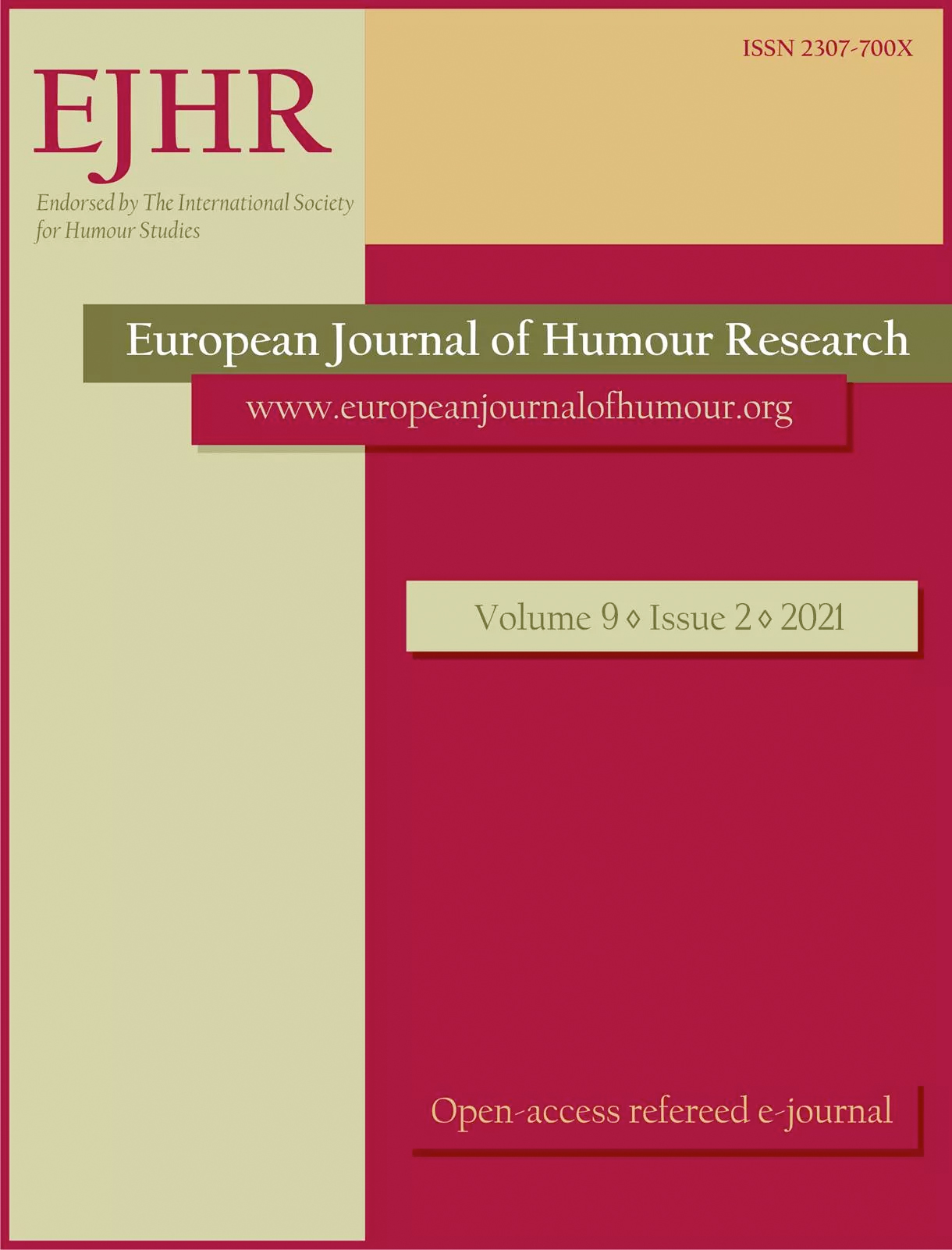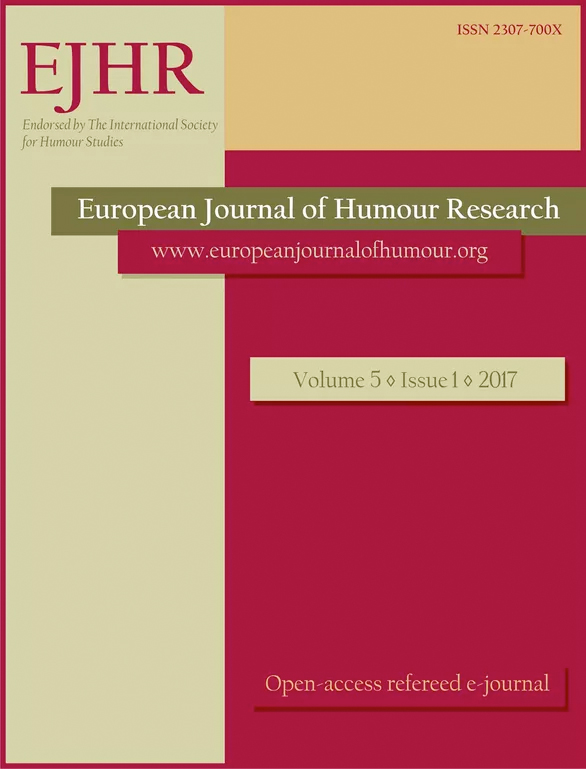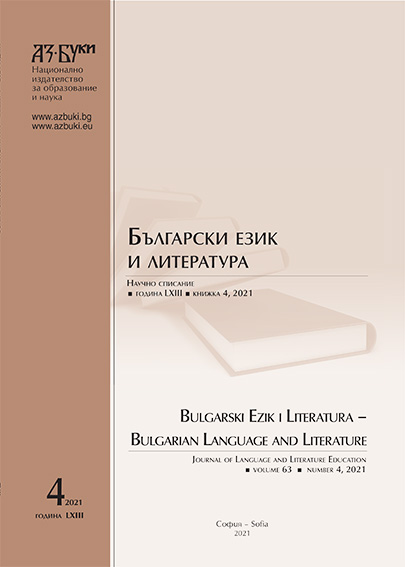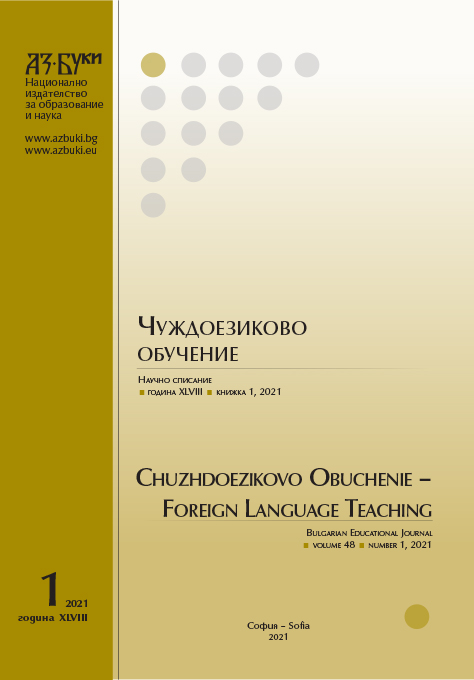
Глаголы и дополнения как модель описания содержания метапредметных компетенций в ожиданиях и представлениях участников рынка труда
The article presents results of studying how the labor market participants formulate the perspectives and expectations about the contents of metasubject competencies. The research was carried out in 2019-2020 by the Project Management Laboratory of the Moscow City University and was based on the methodology of the activity approach and qualitative research, using the methods of in-depth interviews and content analysis. Metasubject competencies were considered as a set of purposeful actions expressed in the speech of respondents by verbs (actions) and propositional phrases (goals/subjects). A six-step content analysis of data obtained during an in-depth interview shows that the expectations and perspectives of various categories of labor market participants about the contents of meta-subject competencies can be described by nine enlarged sets of goal-oriented actions denoted by verbs: 1) to adapt, 2) to interact, 3) to speak and write, 4) to achieve, 5) to compete, 6) to present, 7) to design, 8) to manage, 9) to learn. Within each set were defined verbal descriptions of actions, decomposed by adding a goal/object to each action. The results of the study allowed us to identify and present a verb-target model for describing the content of “metasubject competencies” at the conceptual level. At the practical level, the description of the content of metasubject competencies in the form of a verb (action) and propositional phrase (goal/subject of action) allowed us to show them as cross-cutting structural components of educational programs in the education system.
More...
